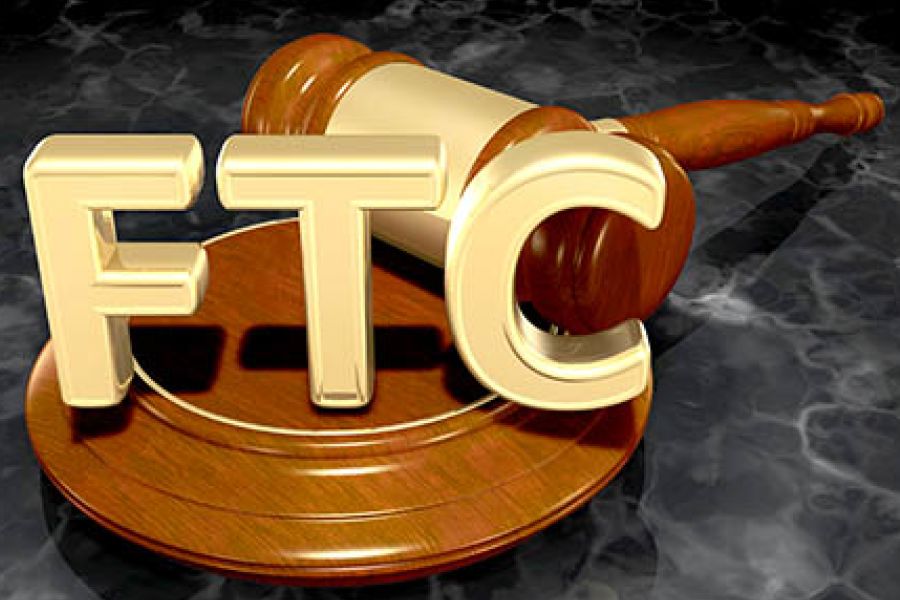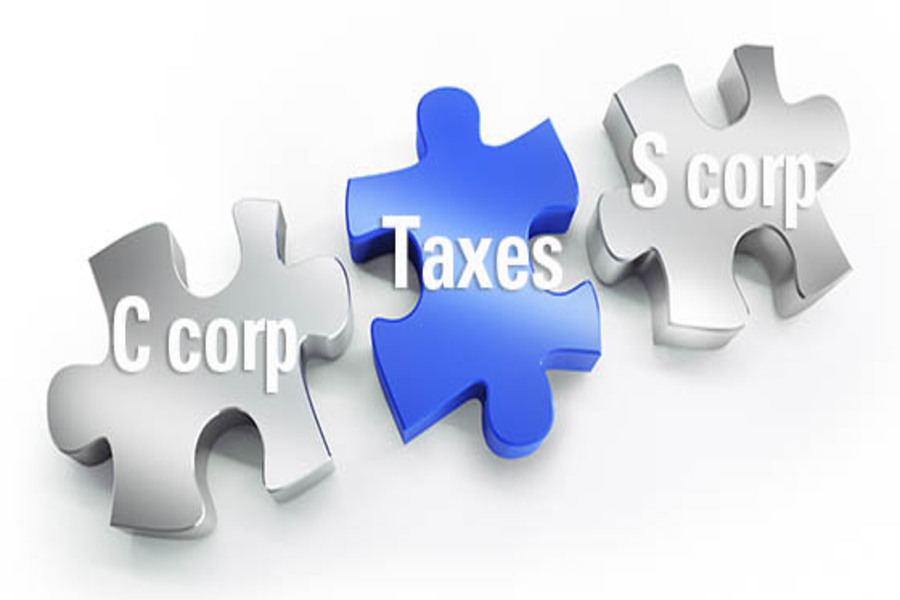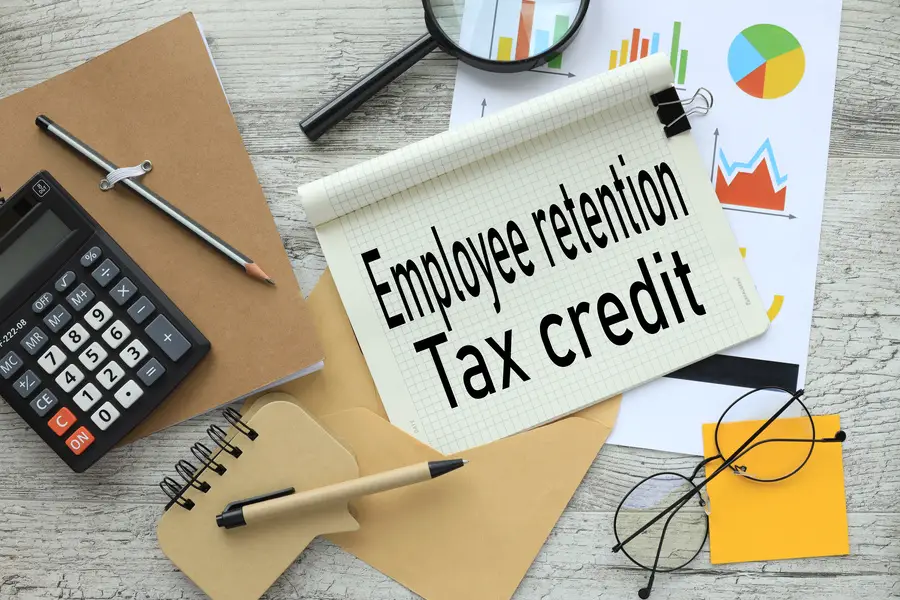If you own a closely held corporation, you can borrow funds from your business at rates that are lower than those charged by a bank. But it’s important to avoid certain risks and charge an adequate interest rate. Basics of this strategy Interest rates have increased over the last couple years. As a result, shareholders may decide to take loans from their corporations rather than pay higher interest rates on bank loans. In general, the IRS expects closely held corporations to charge interest on related-party loans, including loans to shareholders, at rates that at least equal applicable federal rates (AFRs). Otherwise, adverse tax results can be triggered. Fortunately, the AFRs are lower than the rates charged by commercial lenders. It can be advantageous to borrow money from your...

Buckle up, America: Major tax changes are on the horizon. The reason has to do with tax law and the upcoming elections. Our current situation The Tax Cuts and Jobs Act (TCJA), which generally took effect in 2018, made sweeping changes. Many of its provisions are set to expire on December 31, 2025. With this date getting closer each day, you may wonder how your federal tax bill will be affected in 2026. The answer isn’t clear because the outcome of this November’s presidential and congressional elections is expected to affect the fate of many expiring provisions. A new political landscape in Washington could also mean other tax law changes. Corporate vs. individual taxes The TCJA cut the maximum corporate tax rate from 35% to 21%. It also lowered rates...
Noncompete agreements can be valuable to a business, especially after a merger or acquisition. Estimating the value of these agreements has become more complicated in light of a controversial new final rule issued by the Federal Trade Commission (FTC) that will ban noncompetes for most employees and independent contractors, starting in September 2024. Types of noncompetes Noncompete agreements have been a standard business practice for decades. Some are required as a condition of employment or upon termination of employment. Here, the employer requires an employee to sign a noncompete agreement to protect the employer’s business interests, guard against disclosure of trade secrets, and prevent the employee from poaching customers or clients. These agreements generally limit employment activities in the same field for a specified period. Noncompetes also may...
Choosing the right business entity has many implications, including the amount of your tax bill. The most common business structures are sole proprietorships, partnerships, limited liability companies, C corporations and S corporations. In some cases, a business may decide to switch from one entity type to another. Although S corporations can provide substantial tax benefits over C corporations in some circumstances, there are potentially costly tax issues that you should assess before making the decision to convert from a C corporation to an S corporation. Here are four considerations: 1. LIFO inventories. C corporations that use last-in, first-out (LIFO) inventories must pay tax on the benefits they derived by using LIFO if they convert to S corporations. The tax can be spread over four years. This cost must be weighed against the potential tax gains from...
After experiencing a downturn in 2023, merger and acquisition activity in several sectors is rebounding in 2024. If you’re buying a business, you want the best results possible after taxes. You can potentially structure the purchase in two ways: Buy the assets of the business, or Buy the seller’s entity ownership interest if the target business is operated as a corporation, partnership or LLC. In this post, we’re going to focus on buying assets. Asset purchase tax basics You must allocate the total purchase price to the specific assets acquired. The amount allocated to each asset becomes the initial tax basis of that asset. For depreciable and amortizable assets (such as furniture, fixtures, equipment, buildings, software and intangibles such as customer lists and goodwill), the initial tax basis determines...
As posted to the Munro Live YouTube Channel on 4/24/2024 (Run Time 18 min, 42 sec) Sandy Munro and Armin von Czarnowski demonstrate how steer-by-wire works and examine the components that make it possible in the Cybertruck. Steer-by-wire differs significantly from a normal steering system in that there is no mechanical linkage between the steering wheel and the front wheels. While it may appear perilous to you, it is worth noting that Tesla vehicles are equipped with numerous redundancies. (This is Blog Post #1575) Sandy Munro is an automotive engineer who specializes in machine tools and manufacturing. He joined the Ford Motor Company in 1978 and then started his own consulting company, Munro & Associates, which specializes in lean design, tearing down automotive products to study and suggest improvements and...
According to the Treasury, the US government has provided auto dealers with >$580 million in advance payments for consumer electric vehicle (EV) tax credits since 1/1/2024. Before 2024, American car purchasers were only eligible for the new electric vehicle (EV) credit of up to $7,500 or the $4,000 credit for used EVs when they submitted their tax returns in the subsequent year. Commencing on January 1, consumers have the ability to transfer the credits to a car dealer during the transaction, so reducing the purchase price. This year, the IRS has received almost 100,000 reports on the sale of electric vehicles. A total of 85,000 time of sale tax reports were filed for new electric vehicles (EVs), and more than 90% of these reports included requests for advance...
As reported in IR-2024-46 Using Inflation Reduction Act funding and as part of ongoing efforts to improve tax compliance in high-income categories, the Internal Revenue Service announced on 2/21/24 plans to begin dozens of audits on business aircraft involving personal use. The audits will be focused on aircraft usage by large corporations, large partnerships and high-income taxpayers and whether for tax purposes the use of jets is being properly allocated between business and personal reasons. The IRS will be using advanced analytics and resources from the Inflation Reduction Act to more closely examine this area, which has not been closely scrutinized during the past decade as agency resources fell sharply. The number of audits related to aircraft usage could increase in the future following initial results and as...
The qualified business income (QBI) deduction is available to eligible businesses through 2025. After that, it’s scheduled to disappear. So if you’re eligible, you want to make the most of the deduction while it’s still on the books because it can potentially be a big tax saver. Deduction basics The QBI deduction is written off at the owner level. It can be up to 20% of: QBI earned from a sole proprietorship or single-member LLC that’s treated as a sole proprietorship for tax purposes, plus QBI from a pass-through entity, meaning a partnership, LLC that’s treated as a partnership for tax purposes or S corporation. How is QBI defined? It’s qualified income and gains from an eligible business, reduced by related deductions. QBI is reduced by: 1) deductible...
We are finding that, all too often, taxpayers that make Employee Retention Tax Credit (ERTC) claims by engaging a so-called “ERTC Mill” are never told of their responsibility to amend their applicable prior year federal income tax return(s), and are shocked to learn that they owe additional taxes, penalties and interest. In order to offset their wage expense for the amount of the credit claimed, taxpayers who file an amended Form 941-X to claim an ERTC refund must simultaneously file an amended income tax return(s) for the tax year(s) in which the ERTC-eligible wages were paid. Because of the resulting lower salary expense, this results in a higher tax burden for taxpayers with sizable ERTC refunds. Reasonable Cause Penalty Relief To the extent an ERTC was retroactively claimed,...











